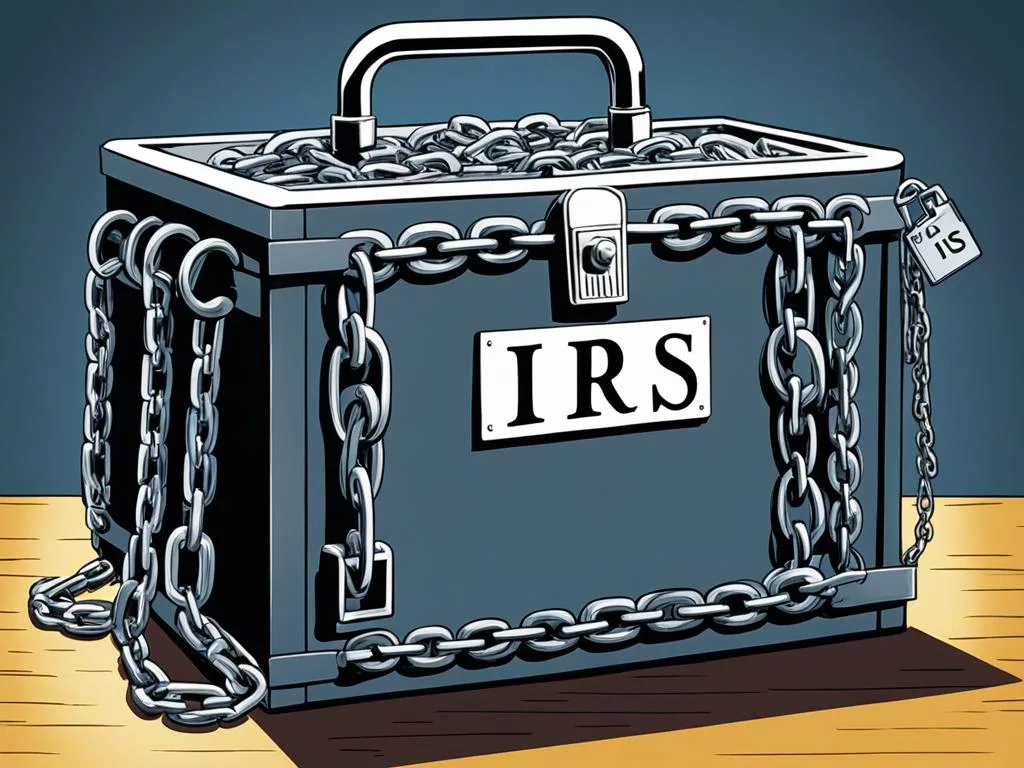Opening a US bank account can seem tough without a Social Security number (SSN). But, with the right info, it’s easier. Nonresidents find it hard meeting the needed 31 days living in the US in the current year and 183 days in the past three years1. This guide shows how to open an account using utility bills, two IDs, and an ITIN instead of an SSN1.
For immigrants lacking an SSN, starting with $25 to $100 for an account works1. A bank account provides conveniences like auto withdrawals and app-based money management through sites like Mint.com1. I’ll explain how banking without an SSN can be hassle-free, even if you’re waiting for your ITIN or SSN.
Understanding the Necessity of SSN for U.S. Banking
For immigrants and non-citizens in the U.S., understanding banking can be tough, especially SSN requirements for bank accounts. An SSN proves your identity and U.S. residency for banking. Yet, if you can’t get an SSN, there’s another option: using an Individual Taxpayer Identification Number (ITIN) instead2.
Getting an ITIN is a good step for newcomers. It works as a U.S. tax ID for those who live here but aren’t citizens. Big banks like Citibank and Bank of America help people without an SSN set up accounts. They accept different kinds of ID3. This research shows banks offer many account types for different needs.

Checking accounts are essential for daily spending, giving you a debit card and checks. But, they usually don’t earn interest3. Savings accounts, however, can grow because they do earn interest. Interest rates vary between banks32.
It’s important to think about monthly fees and ATM costs when picking a bank. These fees can eat into your money3.
Banking is becoming more open to all customers. But there are still strict rules. Without an SSN, you’ll need two IDs and a proof of address. These rules show how serious banks are about safety and following laws3. Meanwhile, online and mobile banking make it easier for newcomers to manage their money in the U.S3.
| Account Type | Interest (APY) | Minimum Balance | Monthly Fees |
|---|---|---|---|
| EverBank Performance℠ Savings | 5.15% | No minimum | $02 |
| SoFi Checking and Savings | Up to 4.60% | Varies | $0 to $12 |
| Marcus by Goldman Sachs High-Yield CD | 5.00% | N/A | $02 |
| Discover® Money Market Account | 4.00% | $1 | $02 |
Building credit in the U.S. is more than just convenient. It’s vital for things like renting homes or getting loans. It shows why choosing the right bank is important for your future3. My research into U.S. banking shows more options for people without an SSN. The financial world is becoming more inclusive and diverse.
Guide to Open a US Bank Account Without SSN
If you want to open a bank account in the U.S. but are not a citizen, there’s a way. You need to have lived in the U.S. for at least 31 days this year. Plus, you need a total of 183 days in the last three years1. To open an account without an SSN, you can use an ITIN and a valid U.S. address1. Big banks like HSBC and online banks like Revolut are options for people without SSN.
Looking at credit unions is a good move. They accept different kinds of ID and welcome folks from other countries. Regular banks might ask you to deposit $25 to $100 to start1. But, online options like Zenus and Revolut might let you start with less. You usually need two IDs like a passport or driver’s license to open an account1.
- When writing checks, important steps include naming the recipient, noting the amount in numbers and words, including a memo, and signing it1.
- To set up bill pay automatically, you need the correct details for the payee like their address and account number, found on checks1.
Digital banking without an SSN is becoming easier, from Charles Schwab to local credit unions. Before picking a bank, look at fees and interest rates. Choosing between a local credit union or a big name like Zenus and HSBC? Know the process is now simpler, helping you manage your money in the U.S. confidently.
Wise and Other Non-Bank Alternatives for Non-Citizens
Not having a Social Security Number (SSN) or an Individual Taxpayer Identification Number (ITIN) shouldn’t stop you from handling money in USD. Many non-citizens find it tough to get a bank account due to strict ID requirements. Wise steps in to help with this. You can set up an account with Wise quickly online. You won’t need to wait long for an ITIN from the IRS, nor need an SSN or US residence proof4. The Wise Account and Wise Card let international folks send, spend, and receive money easily. This is key for the 6% of adults without a bank in 20225.
Neobanks are changing the game for financial inclusion. Online accounts from digital banks, like Revolut, make banking accessible for non-citizens. They offer banking without an SSN, bypassing traditional bank demands45. As someone who loves easy and flexible solutions, I find neobanks very appealing. They provide banking services globally for those who move around a lot.
Big banks are changing too. Citibank, Wells Fargo, Chase, and Bank of America now accept ITINs or other IDs to open accounts4. This shift shows that banks know they need to serve a diverse customer base. It’s great to tell people that they can manage their money in USD without an SSN. This is thanks to both traditional banks and new options like Wise and neobanks.
Source Links
- https://www.boundless.com/blog/us-banking-system-new-immigrants/
- https://www.nerdwallet.com/article/banking/undocumented-immigrants-bank-accounts
- https://www.novacredit.com/resources/bank-account-without-ssn
- https://wise.com/us/blog/bank-account-without-ssn
- https://time.com/personal-finance/article/how-to-open-a-bank-account-as-a-non-us-citizen/

